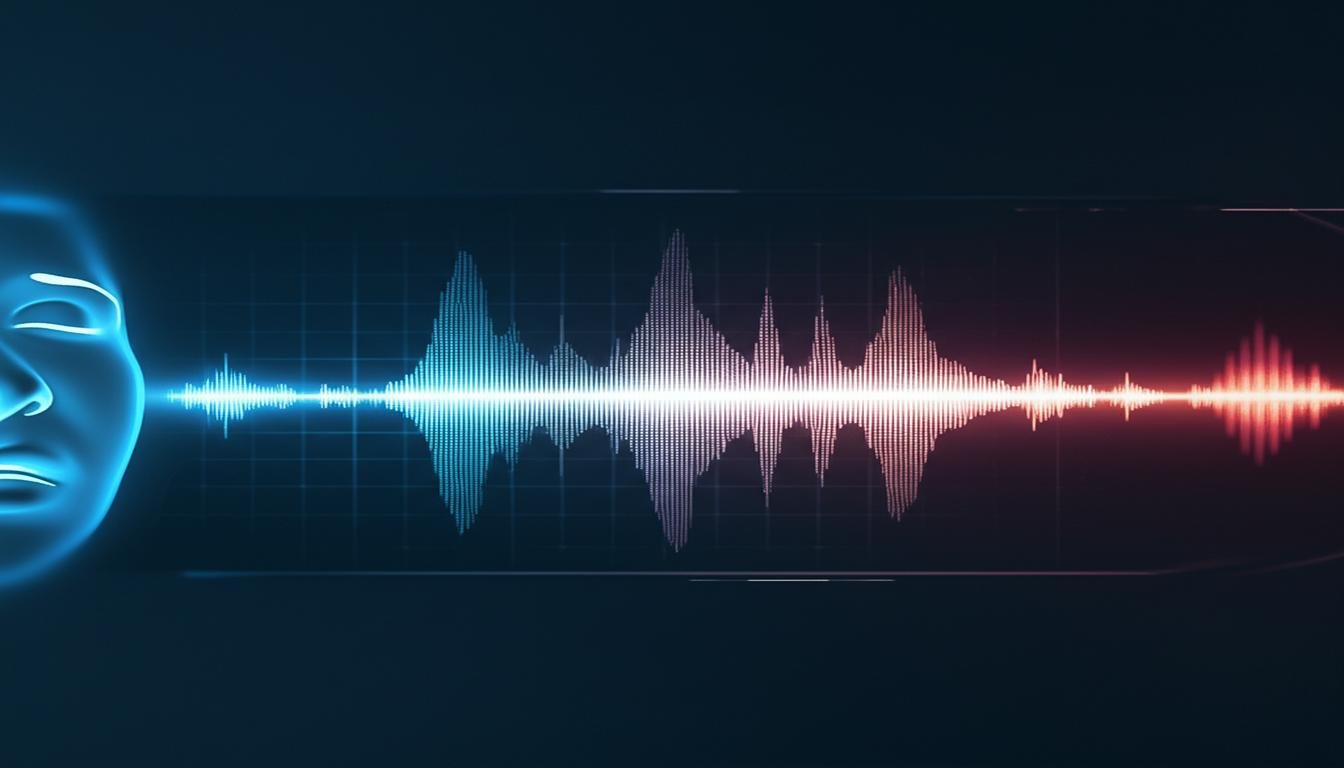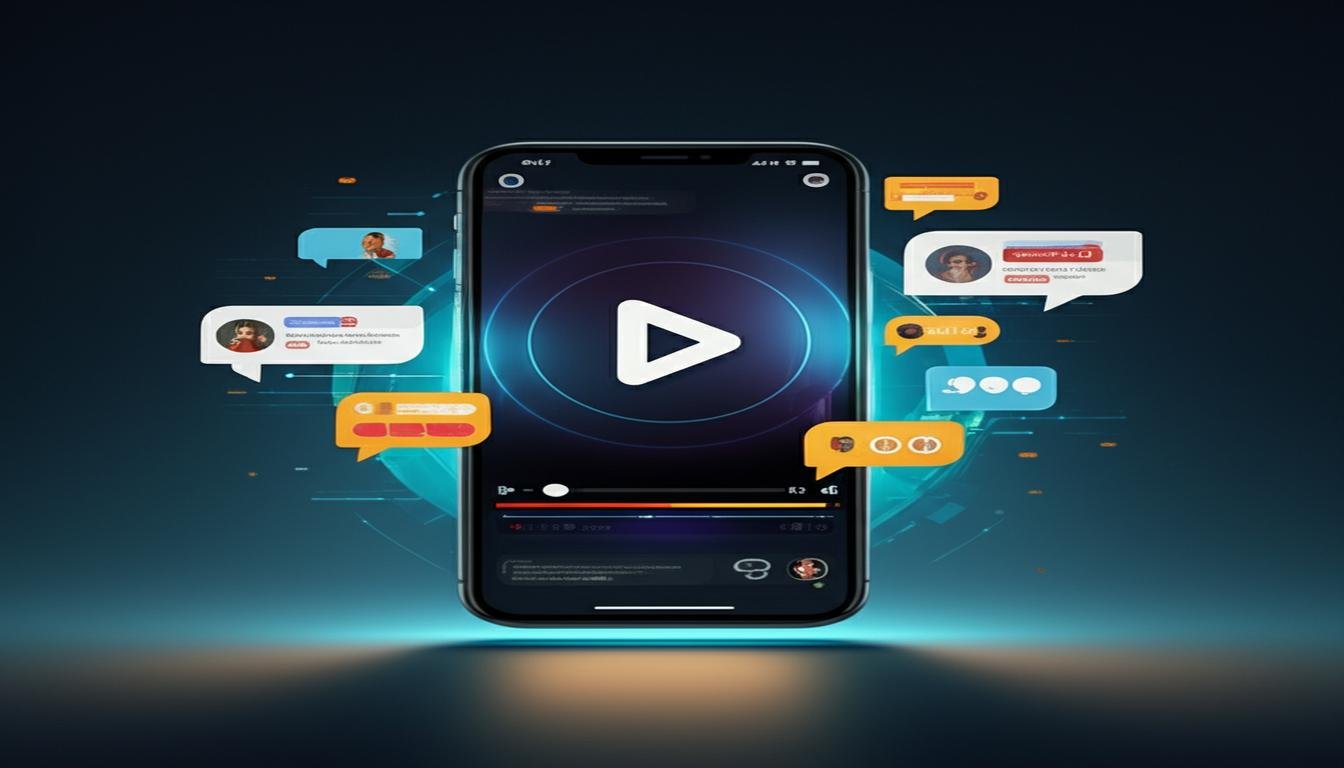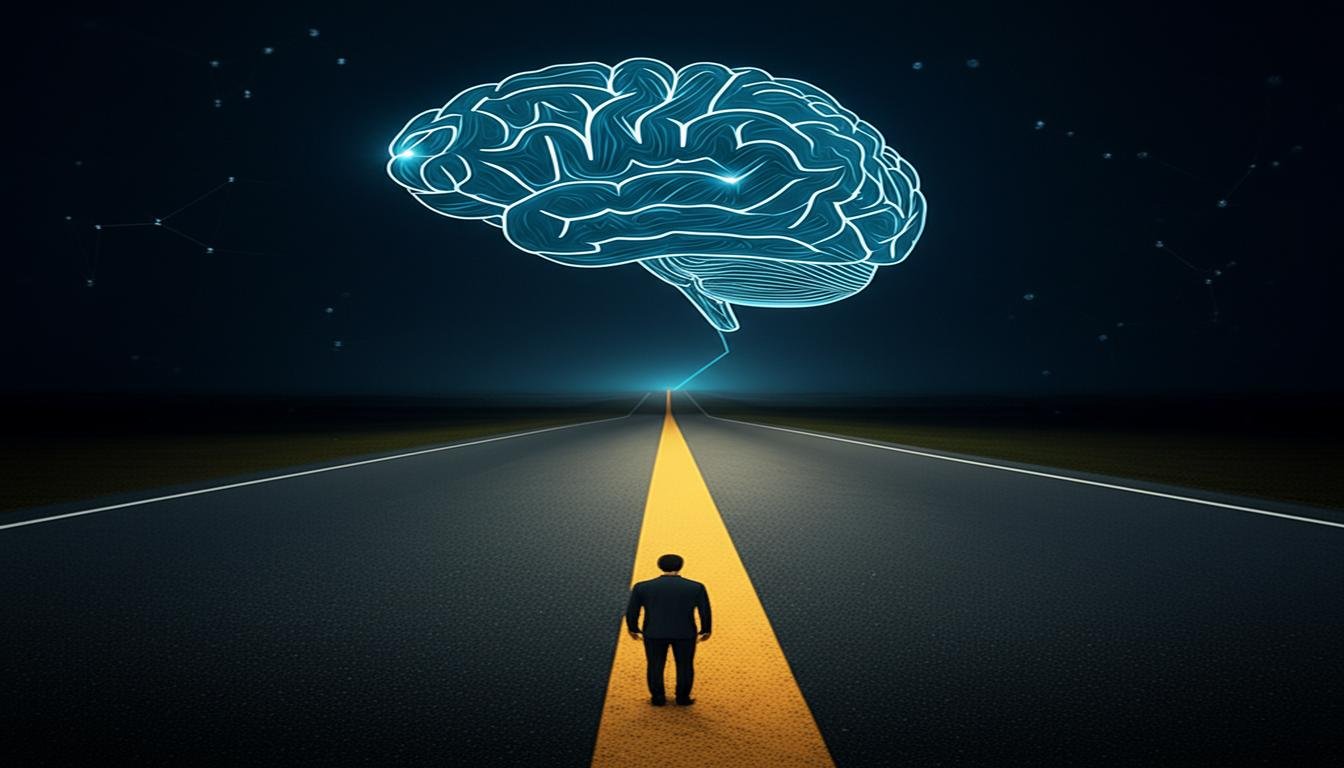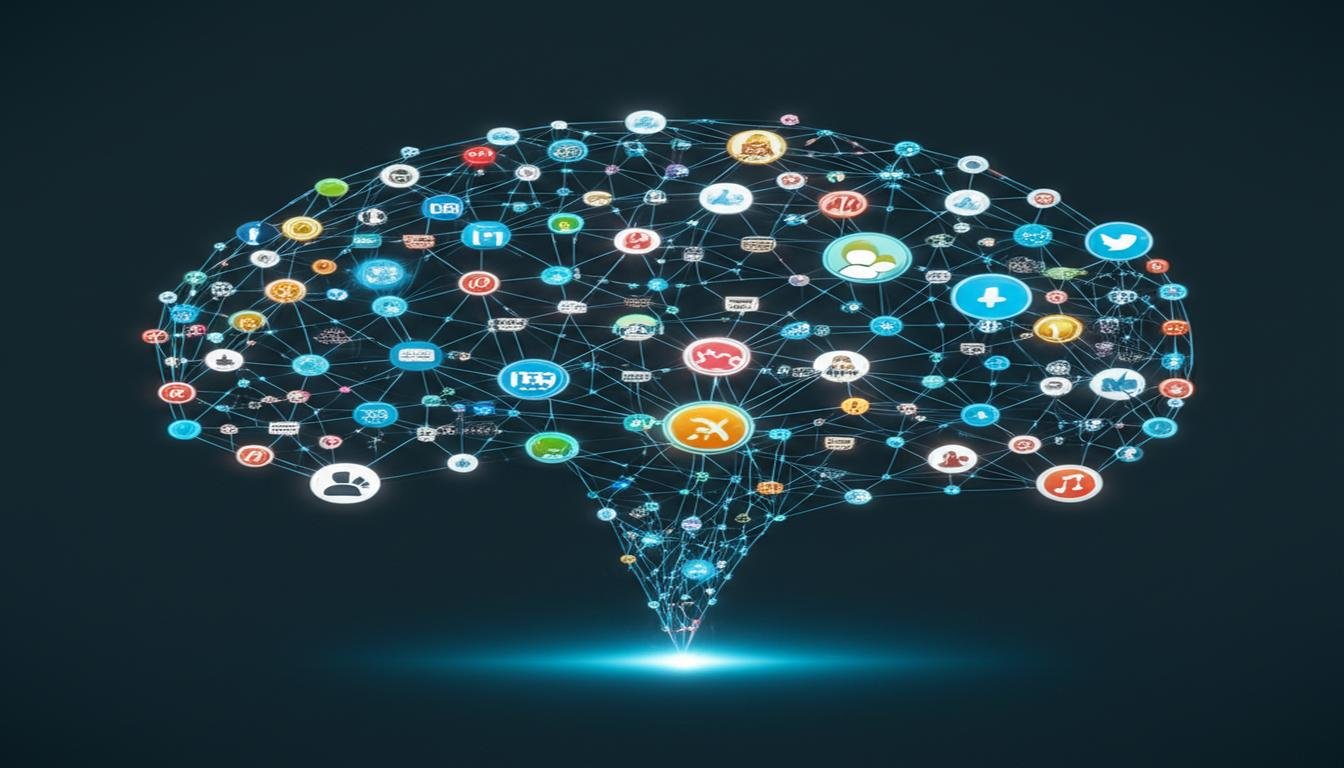This AI Knows If You’re Lying by Analyzing Just 3 Words
Ever had that gut feeling someone wasn’t being entirely truthful? You know, when a friend tells a story that feels a little *too* perfect, or a politician makes a promise that seems a bit… stretched? Most of us rely on subtle cues – a shift in eye contact, a nervous fidget, or maybe an odd tone of voice. But what if there was an artificial intelligence that could cut through all that noise and pinpoint a lie, based on just *three words*?
Sounds like something straight out of a sci-fi movie, right? Well, brace yourself, because this isn’t fiction. Cutting-edge AI technology is pushing the boundaries of human behavior analysis, and it’s getting eerily good at spotting deception with incredibly minimal data.
How Does an AI Spot a Lie in So Few Words?
You might be wondering, “How on Earth can any system, even an AI, make such a profound judgment from so little information?” It’s a fair question. We’re not talking about some magic truth serum here. Instead, these advanced AI systems are trained on massive datasets of human speech and interaction, both truthful and deceptive.
They don’t just listen to *what* you say, but *how* you say it, and the subtle linguistic patterns that emerge. Think of it like a highly sophisticated linguistic detective. When someone is being untruthful, even in a short phrase, certain indicators can surface. These can be incredibly subtle, often imperceptible to the human ear or brain in real-time.
The Science Behind the AI’s “Spidey Sense”
This isn’t just about picking up on a specific “lying word.” It’s far more nuanced. These AI models, leveraging techniques like natural language processing (NLP) and voice analysis, are looking for a complex interplay of factors:
- Micro-Hesitations: Slight, almost unnoticeable pauses before or after crucial words.
- Shift in Tone or Pitch: An unexpected change in vocal frequency or emotional tone that doesn’t match the context.
- Semantic Inconsistencies: Even within three words, an AI can flag words that don’t quite align with established truthful patterns of speech or known facts.
- Word Choice Deviations: Certain filler words, specific phrasing, or an unusual level of certainty (or uncertainty) can be red flags.
- Speech Rate Changes: A sudden acceleration or deceleration in how quickly those three words are spoken.
Imagine someone asked, “Did you take the last cookie?” And the response, after a barely perceptible delay, with a slight pitch increase, is, “No, I didn’t.” A human might not catch it. An AI, however, might flag that micro-pause and pitch change as a potential indicator of deception, based on its vast training.
Where Could This Deception Detection AI Be Used?
The potential applications for such rapid and precise AI truth analysis are vast and, frankly, a bit mind-boggling. We could see this technology impacting various fields:
- Security and Border Control: Quick assessments during interviews to flag individuals needing further scrutiny.
- Job Interviews: Helping recruiters identify potential misrepresentations on résumés or during discussions.
- Customer Service: Determining the veracity of claims or complaints to improve efficiency and fairness.
- Law Enforcement: Assisting investigators in narrowing down leads or assessing statements, though certainly not replacing human judgment entirely.
Ethical Questions and The Human Element
Now, before we all start wearing tinfoil hats, it’s crucial to address the elephant in the room: ethics and accuracy. While incredibly powerful, an AI that detects lies based on a minimal input raises serious questions. Is it 100% accurate? What about cultural nuances, accents, or even just someone having a bad day?
No AI is perfect, and certainly, no machine can truly understand the full spectrum of human emotion and intention. This technology is likely to be a tool for *assessment* and *flagging*, rather than a definitive judge. It won’t replace the need for critical human thinking, empathy, and investigation. The goal isn’t to create a dystopian “thought police” but to offer an additional layer of insight in situations where truth is paramount.
The idea that an AI can analyze just three words and tell if you’re lying is a monumental leap in technology. It pushes the boundaries of what we thought possible, forcing us to reconsider how we communicate and how truth is perceived. While the future of such advanced deception detection is still unfolding, one thing is clear: the way we understand and detect honesty is about to get a whole lot more interesting, and perhaps, a little more complicated. It’s a powerful reminder that every word, even just three, carries weight.









